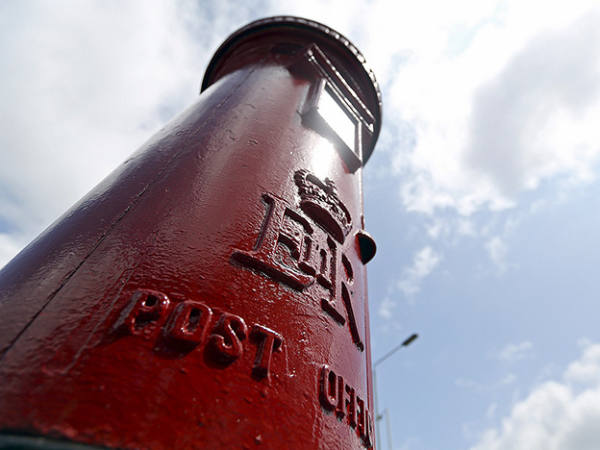This is because one of the best predictors of recession - perhaps the only one - is the shape of the gilt yield curve. When this inverts, so that long-dated yields are below short-term ones, a recession often follows. The last three occasions when the curve inverted - in the sense of 10-year yields falling below three month interest rates - all led to falls in industrial production within a couple of years.
This implies that if 10-year yields remain around their current levels as Bank rate rises next year then the yield curve could invert sometime in 2017, which would point to recession in around 2019. This would probably mean falling share prices, given the correlation between equity returns and industrial production.
What's more, because smaller stocks are more cyclical than bigger ones, an inverted yield curve predicts that small-caps will underperform the FTSE 100.
You might object that the possibility of a recession in 2019-20 isn't a problem now. True. But smaller stocks have another more immediate one - that valuations are no longer favourable. The dividend yield on the FTSE small-cap index is now a percentage point lower than that on the FTSE 100. This compares with an average gap since 1986 of just 0.25 percentage points.
This matters because this yield gap, along with the yield curve (measured by the gap between 10-year yields and three-month money rates) and two other things have predicted half of the variation in subsequent three-yearly returns on small-caps relative to the FTSE 100 since 1986.
One of these things is the ratio of consumer spending to the All-Share index: high consumer spending predicts good economic times and hence outperformance by small-caps. The other thing is the yield on the All-Share index itself. A low yield predicts small-cap outperformance, perhaps because it also predicts better economic times.
Right now, these indicators warn us that small-caps will underperform the FTSE 100 over the next three years. This is because the bearish signal sent by small-caps' high valuations offsets the mildly bullish signals sent by the upward-sloping yield curve and above-average consumption-share price level.
This should worry all stockpickers for a simple mathematical reason. Stock market indices are weighted by market capitalisation and so give far more weight to big stocks than small ones. This implies that when small stocks outperform, most shares will beat the market. And this in turn means that most stockpickers should beat the market even if they don't have any special skill, simply because portfolios of shares picked at random should contain more outperformers than underperformers. However, when big stocks outperform small stocks, this effect goes into reverse: most shares then underperform market indices, which implies that stockpickers need above-average skill merely to match the performance of All-Share index tracker funds.
If small-caps underperform in the next three years - as past relationships predict - times will get harder therefore for all stockpickers.
There is, though, a caveat here. Small-caps have recently done better relative to the FTSE 100 than these past relationships predicted. This might be a sign that something has permanently changed so that small-caps will continue to do well despite their adverse valuations. I suspect, however, that there's another reason. Quite simply, FTSE 100 stocks have been hit by bad luck. Company-specific troubles at some big stocks such as Tesco and BP have been accompanied by falling prices of mining stocks because of lower commodity prices with the result that several mega-caps have done badly. This has dragged down stock market indices relative to most share prices - but it might not persist.
However, my point here is not merely to suggest that small-caps' outperformance might soon end. It's to draw attention to a question which stockpickers don't pay enough attention to, namely: will market conditions be favourable for active stockpickers or not? If most shares beat capitalisation-weighted indices, the answer's yes. If not, the answer's no. In this sense, a lot hinges upon whether we can predict small-caps' relative performance.










